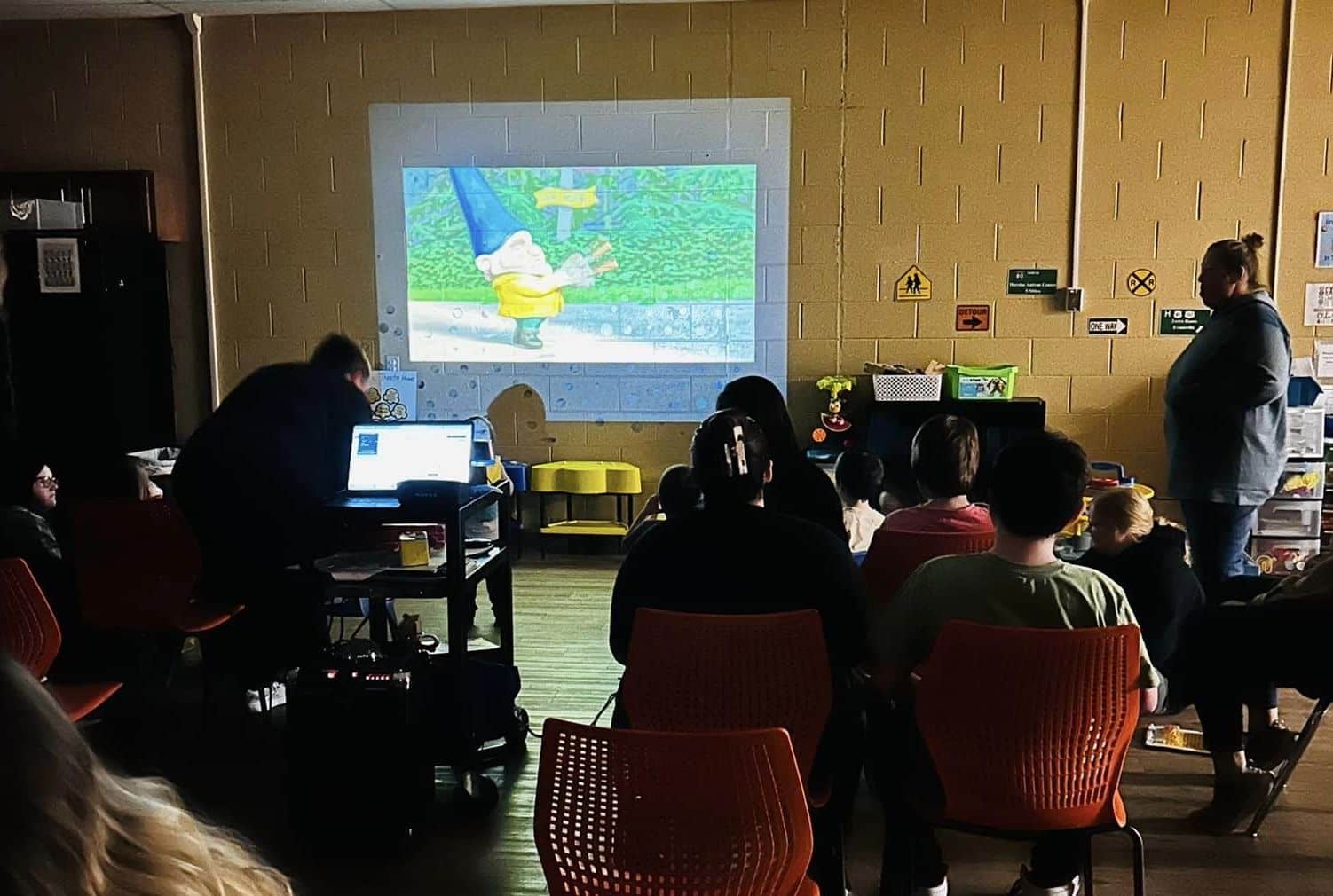
Exploring the Advantages of Center-Based ABA Therapy Versus In-Home ABA
Applied Behavior Analysis (ABA) therapy stands as a cornerstone in the treatment of autism spectrum disorder (ASD) and other developmental disabilities, offering invaluable support to individuals and their families. When considering ABA therapy, families often deliberate between center-based sessions or in-home interventions. While both options hold merit, center-based ABA therapy offers unique benefits that warrant exploration. In this blog post, we delve into the advantages of center-based ABA therapy and how it can positively impact the lives of children with ASD.
Structured Learning Environment
One of the primary advantages of center-based ABA therapy is the provision of a structured learning environment. Centers are specifically designed to facilitate learning and skill development, equipped with dedicated therapy rooms, sensory-friendly spaces, and a wide array of resources tailored to the needs of children with ASD. This structured setting fosters focused engagement and optimal learning outcomes.
Access to Specialized Equipment and Resources
Center-based ABA therapy offers access to specialized equipment and resources that may not be readily available in the home environment. From sensory integration tools to communication devices, centers are equipped with a diverse range of resources to support various therapeutic interventions. This access enhances the efficacy of therapy sessions and allows for comprehensive skill development across different domains.
Socialization Opportunities
Engaging in therapy within a center-based setting provides children with valuable opportunities for socialization and peer interaction. Group therapy sessions, social skills groups, and collaborative activities promote social development and facilitate the generalization of skills in a supportive environment. Interaction with peers fosters social learning, communication, and cooperation skills essential for navigating real-world social settings.
Professional Collaboration and Consultation
Center-based ABA therapy often involves collaboration among a multidisciplinary team of professionals, including behavior analysts, speech therapists, occupational therapists, and educators. This interdisciplinary approach enables comprehensive assessment and intervention planning, ensuring that the child’s diverse needs are addressed holistically. Moreover, families benefit from ongoing consultation and support from experienced professionals, guiding them through the therapeutic journey and empowering them to implement strategies effectively.
Consistency and Routine
Consistency and routine play a crucial role in ABA therapy, facilitating skill acquisition and generalization. Center-based programs adhere to structured schedules and routines, providing a predictable framework for learning and behavior management. Consistent attendance and adherence to a set schedule help promote continuity of care and optimize therapeutic progress over time.
Respite for Families
Center-based ABA therapy offers a respite for families, providing dedicated therapy sessions in a controlled environment outside the home. This allows parents and caregivers to focus on other responsibilities or engage in self-care activities while their child receives high-quality therapeutic interventions. The center serves as a supportive partner in the child’s care, alleviating the burden on families and fostering a collaborative approach to treatment.
Summary
While both center-based and in-home ABA therapy have their merits, the structured learning environment, access to specialized resources, socialization opportunities, professional collaboration, consistency, and respite offered by center-based programs make them a compelling choice for many families. By harnessing the unique advantages of center-based ABA therapy, children with ASD can receive comprehensive support tailored to their needs, empowering them to reach their full potential and thrive in all aspects of life.
Harsha Autism Centers provide ongoing care for children, adolescents, and young adults (ages 2-22) with autism to improve the quality of their lives. If you would like learn more about how Harsha Autism Centers can help please contact us at info@harshaautism.com or call (812) 233-8833.



